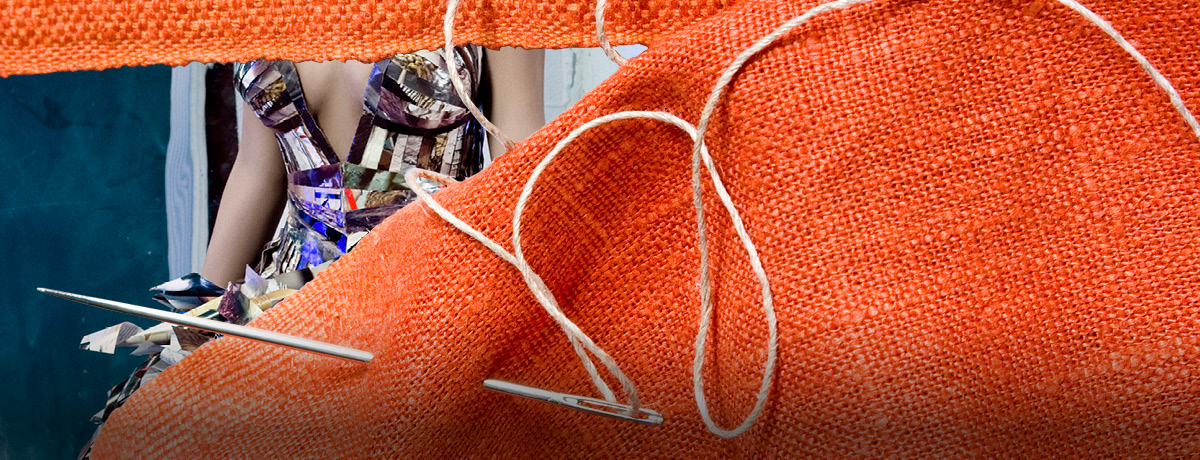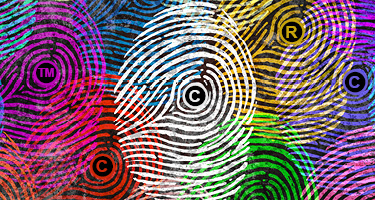With social media’s ever expanding presence, and the multitude of content publishing sites popping up, it can be quite daunting to think about just how far our photos and videos reach once the upload button has been clicked―but what is really happening to our content once it’s been published online?
Social Media Rules!
Where the masses once worshiped deities such as Zeus, Odin, Jupiter, and Ra―the gods of the new era are named YouTube, Twitter, Instagram, and Facebook.
Posting, uploading and commenting have become a part of everyday life, as more and more people are sharing their lives with the masses through these sites.
The freedom, ease, and accessibility in content sharing have become a godsend for budding artists by providing them with a platform to expose their work to the public. Similarly, the barriers of time and distance have been overcome and people are able to connect or reconnect with each other practically anywhere or at any time.
However, with this comes the issue of constant exposure.
Suddenly we live in a world where personal photos, once relegated to dwell within the dusty covers of a photo album, or videos that may only have been viewed by a small circle of family or friends, are exposed for all the world to see at the simple click of a button.
In turn, it has created a bit of a stir amongst parts of society, with many becoming concerned at where content posted on these sites can end up―and what the sites can do with it.
The answer to this partly depends on copyright.
What is Copyright?
In brief, copyright is an exclusive right to do things like copying, reproduction, performance or communication of subject matter that qualifies for copyright protection. The right may be exercised by the owner or a licensee of the copyright.
The law of copyright in Australia is dealt with in the Copyright Act 1968 (Cth) (“the Act”).
The Act divides subject matter that can have copyright protection into two classes:
- Works―which includes musical, literary, artistic and dramatic works; and
- Subject matter other than works―which includes sound recordings, film, television and sound broadcasts, and published editions of works.
What comprises a “musical, literary, artistic or dramatic work” can be ambiguous, however, some examples include:
- Musical Works: musical scores and combinations of melody and harmony.
- Literary Works: poems, novels, song lyrics, computer programs, and any other form of writing other than trivial expressions.
- Artistic Works: paintings, photographs, and drawings.
- Dramatic Works: plays, film scripts and other works intended to be performed.
In order for something to have copyright protection as a “work,” it must fall under one of these classes.
Australian law does not require registration of copyright. A work or other subject matter is automatically covered when it is created, with ownership of copyright generally vesting in the creator.
This means that the content most commonly posted to social media sites (photos, videos, text) are all subject to copyright.
The question then is what happens to the copyright in these materials once they’re uploaded to these sites?
This is where you need to look at the “fine print.” All sites will have Terms and Conditions which affect the way content can be viewed. The Terms and Conditions of sites generally provide that you will retain copyright. However, by uploading content you will grant rights to use and deal with the content.
YouTube
Users who upload content (i.e. videos) onto YouTube will retain their ownership of copyright over the content.
By uploading content onto the site, users agree to grant YouTube a non-exclusive, worldwide, royalty free, sub licensable and transferable license to:
- use
- publish
- reproduce
- adapt
- distribute
- prepare derivative works of
- display
- make available online or electronically transmit; and
- perform the content in connection with all services provided on the YouTube site (such as YouTube channels and the embeddable player) as well as YouTube’s business, which includes using the content for promoting and redistributing part or all of the services provided by YouTube.
The uploading user will also grant other users of the website a non-exclusive license to access the content through YouTube and to:
- use
- reproduce
- publish
- display
- make available online or electronically transmit; and
- perform the content as permitted through the functionality of the services provided by YouTube.
The licenses granted by the uploading user will terminate within a commercially reasonable time after they remove or delete the video from YouTube.
Users who upload content (i.e. photos, videos, text) onto Twitter will retain their ownership of copyright over the content.
By uploading content onto the site, users agree to grant Twitter a non-exclusive, worldwide, royalty free, sub licensable license to:
- use
- copy
- reproduce
- adapt
- publish
- transmit
- display; and
- distribute the content in any and all distribution methods available to Twitter.
This license extends to allow Twitter to make the content available to other companies, organizations or individuals who partner with Twitter for the syndication, broadcast or publication of content on other media and services (subject to the Twitter Terms and Conditions).
Twitter may also adapt your content in order to distribute, display or transmit your content. They may also make any changes to adapt to any requirements of any networks, devices, services or media.
The license also allows Twitter to use the content to promote, provide and improve the services of the Twitter website.
The license continues even after the uploading user has terminated their account.
Users who upload content (i.e. photos and videos) onto Instagram will retain their ownership of copyright over the content.
By uploading content onto the site users agree to grant Instagram a non-exclusive, worldwide, royalty free, sub licensable and transferable license to use the content.
Instagram may also place advertising or promotions on, about or in conjunction with your content. They may also edit your content if it is in breach of their Terms of Use.
Users who upload content (i.e. photos, videos, and text) onto Facebook will retain their ownership of copyright over the content.
By uploading content onto the site, users agree to grant Facebook a non-exclusive, worldwide, royalty free, sub licensable and transferable license to use the content in accordance with the privacy settings set by the user.
In agreeing to the Terms of Service, users give Facebook permission to use the content in connection with commercial, sponsored or related content on Facebook. For example, users permit a business to pay Facebook to display their content to businesses without any compensation to the user.
The license granted by the uploading user will terminate when the user deletes the content from their Facebook account. However, if the content has been shared by another user and has not been deleted by that user it will remain on Facebook.
Conclusion: Read the Terms!
While the ownership of copyright in content posted to all of the sites mentioned above is retained by the user, the terms of the licenses granted to each site, and what they can subsequently do with the content, differs.
It is important to read the terms of use of a website before uploading anything online to ensure that your content isn’t dealt with in a way you’re not comfortable with.































